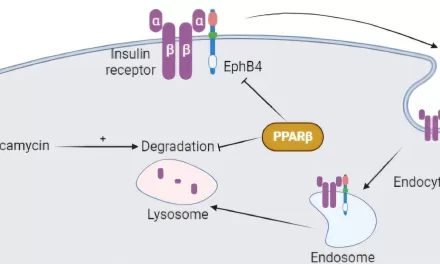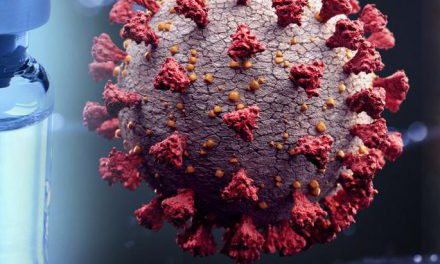A groundbreaking study from Stanford Medicine has unveiled significant shifts in our biological systems during our 40s and 60s, highlighting that these decades are marked by rapid changes in our molecules and microorganisms.
Researchers analyzed thousands of molecules and microbes in individuals aged 25 to 75, revealing that instead of a gradual decline or change, our biological markers experience two distinct periods of dramatic alteration. The findings, published in Nature Aging, identify these critical transition points as around age 44 and age 60.
“We’re not just changing gradually over time; there are some really dramatic changes,” said Dr. Michael Snyder, the study’s senior author and chair of genetics at Stanford. The study’s first author, Dr. Xiaotao Shen, now an assistant professor at Nanyang Technological University Singapore, emphasized that these shifts occur across various classes of molecules.
The research team, inspired by the observation that age-related disease risks such as Alzheimer’s and cardiovascular disease increase sharply with age, investigated how molecular and microbial changes correspond with these health risks. They tracked over 135,000 different molecules and microbes in samples from 108 participants, analyzing nearly 250 billion data points.
Key findings include:
- Around 81% of the molecules studied exhibited non-linear changes, with significant fluctuations at ages 44 and 60.
- In the 40s, notable changes were observed in molecules related to alcohol and caffeine metabolism, cardiovascular health, and skin and muscle function.
- In the 60s, shifts were prominent in molecules linked to carbohydrate metabolism, immune regulation, kidney function, and cardiovascular health.
The research also uncovered that these changes occur in both men and women, challenging initial assumptions that menopause or perimenopause might be driving the shifts in women. This suggests that other factors are at play and warrants further investigation.
Dr. Snyder and his team believe that these biological transformations could impact health and disease risk, and they urge people to monitor their health more closely during these key life stages. They suggest that lifestyle adjustments, such as increasing physical activity and reducing alcohol consumption, may help mitigate some of the negative effects associated with these biological changes.
The study underscores the importance of understanding and adapting to these mid-life and late-life shifts to maintain overall health and potentially reduce disease risk. Future research will aim to explore the underlying causes of these dramatic changes and how they can be managed effectively.
For more detailed insights, refer to the full study in Nature Aging [DOI: 10.1038/s43587-024-00692-2].












